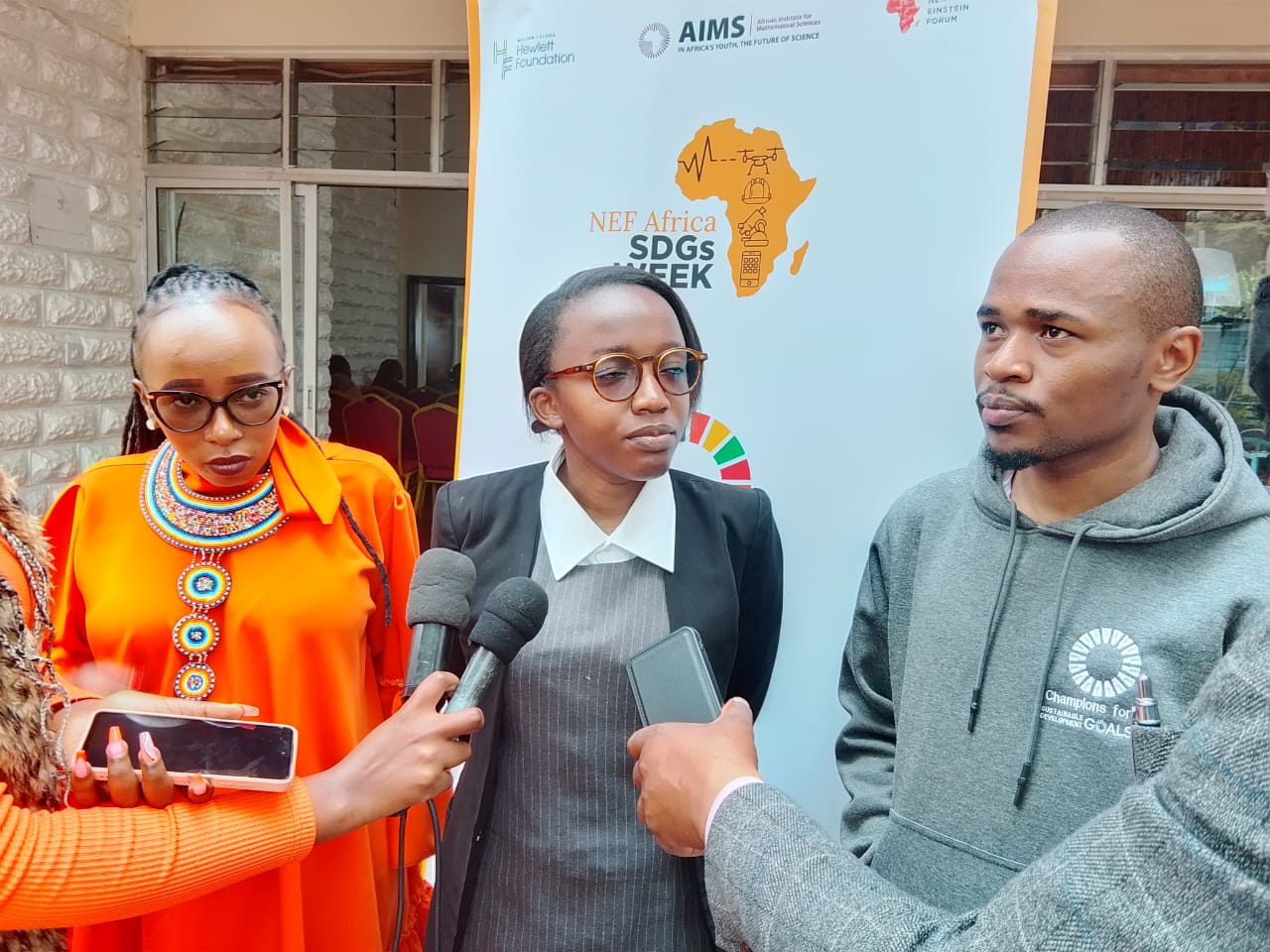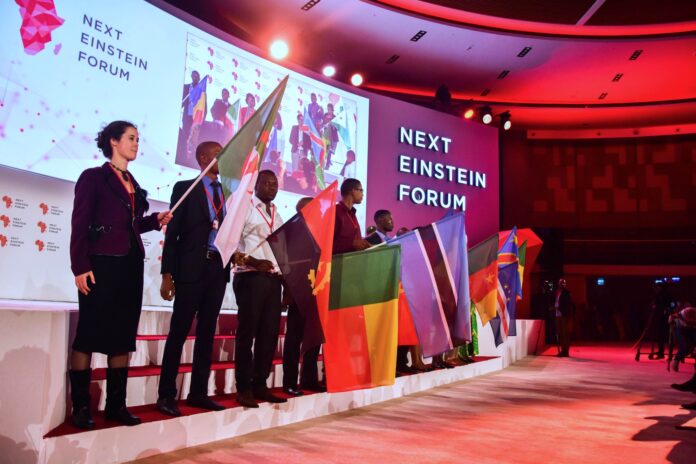By Talk Africa Correspondent
Nairobi, Kenya: In the face of the global efforts to combat the menacing threat of climate change, the youth of Kenya feel their voices are being marginalized. Despite being one of the developing nations most affected by its atrocities, their contributions towards sustainable development seem overlooked.
Amidst the world’s struggles with climate change, health issues, gender inequality, and social disparity, the crucial role of youth in driving sustainable progress cannot be overstated. Yet, these young individuals harbor the disheartening belief that their recommendations for global reports are seldom taken into consideration.
Arnold Gekonge, the Executive Director of Champions for Sustainable Development Goals Youth Organization (CSDGYO) said some of the initiatives they are involved in are so important in the campaign for a sustainable environment yet they are not given due attention.
“We are involved in initiatives such as tree planting, agriculture, technological innovations, advocacy efforts, but are rarely recognised. This becomes a challenge because they are never highlighted even on the Sustainable Development Goals reports,” he said during the opening session of the Next Einstein Forum (NEF) Africa SDG Week at the Young Men’s Christian Association (YMCA) center in Nairobi.
With a theme, “Youth-Led Innovation for Sustainable Development in Africa,” the NEF aims at showcasing the remarkable contributions of young innovators across the continent and amplifies their voices in the global discourse on sustainable development.
“Young people rarely share their inventions and innovations because it becomes quite difficult for their work to be recognized by the Civil society of Kenya hence not incorporated into the SDG reports,” said Gekonge.
Echoing Gekonge’s sentiments, Grace Nekesa, an advocate of the High court of Kenya called on the youth not to give up, but sustain the efforts and continue to speak on the issues.
“I am urging the youth of this country to remain at the forefront of innovation and developing solutions that address local challenges,” she said.
 From renewable energy initiatives to tech-driven health solutions, Nekesa pointed out that the young people are not just participants in the SDG conversation but can also shape the future.
From renewable energy initiatives to tech-driven health solutions, Nekesa pointed out that the young people are not just participants in the SDG conversation but can also shape the future.
“Taking a step back to actually look at what we have done so far, what we need to do, create accountability measures and not just work blindly, but keeping in mind that we just have six years to achieve the SDGs,” she said.
Nekesa urged the young people to sustain the advocacy and speak up for themselves so that their work and ideas will be recognized. She also pitched for the support of different sectors, which is critical in ensuring that the youth’s hard work is achieved.
“It is very sad that some of the brilliant innovations and ideas of young people do not make it to the report since the young people do not stand up for themselves and by focusing on youth-led initiatives, it aims to bridge this gap and highlight how young change-makers are driving positive transformation in their communities, “added Nekesa.
In particular, Africa stands out as a fertile ground for innovation driven by its young population, she noted.
The NEF Africa SDG Week emphasizes this potential, highlighting the need for inclusivity and collaboration among various stakeholders, particularly youth and women. By focusing on youth-led initiatives, it aims to bridge this gap and highlight how young change-makers are driving positive transformation in their communities.
Africa having the youngest population in the world, with 70 percent of Sub Saharan Africa under the age of 30, it becomes an opportunity for the continent’s growth but only if these new generations are fully empowered to realize their full potential.
“In Kenya the youth constitute about 29 percent of the total population deemed as the future in all aspects of change where the central principle of SDG is an assurance NO ONE WILL BE LEFT BEHIND to consider all nations, people of all ages and the whole society, “stated Eng. Erick Ohaga the Director of Nuclear energy infrastructure development nuclear power and energy agency (NuPEA).
Achieving the 2030 Agenda requires strong and inclusive partnerships between young people and stakeholders, so that the development challenges facing youth such as unemployment and political exclusion are addressed through right policies and the positive role of youth as partners in promoting development and sustaining peace is recognized.
“Indeed, young people have been architects in the development of the 2030 agenda and remain engaged in the framework and processes that support its implementation, follow ups and review,” added Ohaga.
The NEF Africa SDG Week serves as a rallying point for collective action. It is a reminder that the path to sustainable development is a shared journey, and youth are not just the leaders of tomorrow; they are the changemakers of today. Together, we can foster an ecosystem that nurtures innovation and drives meaningful progress towards the SDGs across Africa.
Looking towards the future, it is crucial for all stakeholders—government, private sector, and civil society—to support and empower youth. Their innovations and voices must be integrated into SDG reports and discussions, ensuring that their contributions are recognized and valued.














